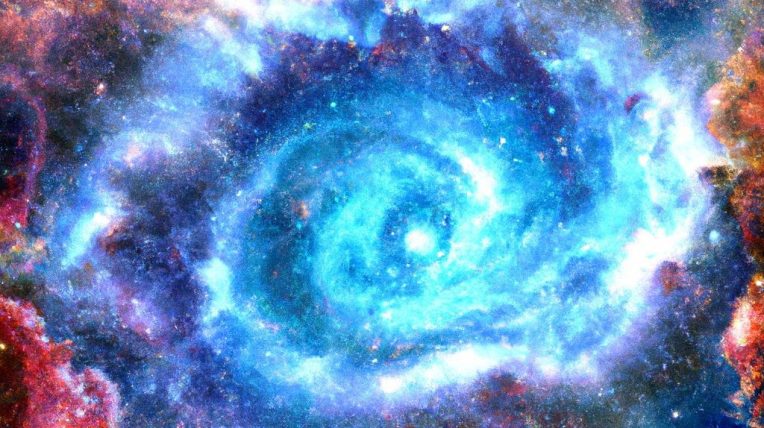How Do AI Generators Handle Copyright Issues?
AI generators handle copyright issues by ensuring that the images they generate are unique and do not replicate copyrighted content directly. They generate images through algorithms, which creates distinctive outputs every time. Although the images might resemble the original, the core patterns formed by the algorithms ensure that no infringement occurs. However, it’s critical to maintain vigilant control of the source material utilized to train the model.
What Occurs When AI Resembles Copyrighted Art?
But what happens when an AI generates an image that resembles a copyrighted piece of art? Intellectually, this comes down to “transformative use.” For instance, Jukin Media v Lumen5 case settled at US$150,000 in 2020, where an AI tool scraped and repurposed Jukin’s copyrighted videos under “fair usage”. Hence, it’s crucial to use pre-trained models that have been trained on large datasets of copyright-free images.
How is Ethical Use of AI Ensured?
Ensuring ethical use of AI is another significant consideration. An ethical AI should prioritize human rights, including privacy, non-discrimination, and freedom of expression. Transparency and explainability also play vital roles in ethical usage. For instance, DeepArt.io, an AI art generation platform, outlines clear rules on data handling, privacy policy, and the kind of content that can be used for generating images.
What are the Legal Implications of Using Copyrighted Content?
Legal implications arise from using copyrighted content for training AI models or generating images. Without a proper understanding of intellectual property law and how it relates to AI, developers can inadvertently create legal issues. Developers must also be conscious of the risks associated with biased datasets or algorithms, leading to discriminatory outputs.
What are the Available Resources to Avoid Copyright Infringement?
Copyright Tools – Pros: Aid in avoiding copyright infringement. Cons: Some tools may not have comprehensive databases. Price: Price varies; many offer free basic packages. These tools can help detect infringed content and raise awareness about copyright law.
What Supports Ethical AI Design?
AI Software Ethical Guidelines – Pros: Provides a framework for developing ethical AI. Cons: Interpretation may vary; not legally binding. Price: Usually freely available. These are sets of principles that help developers follow ethical practices when dealing with AI.
What are the Benefits of Digital Copyright Training?
Digital Copyright Training – Pros: Helps understand intellectual property rights in depth. Cons: Does not guarantee complete protection from infringement cases. Price: Varied, depending on the institution/provider. This training can provide a robust understanding of copyright laws.
What Role Does Legal Advice Play in AI Development?
Legal Advice Platforms – Pros: Offers expert advice on legal implications. Cons: Could be expensive. Price: Varies based on the complexity of the case and platform. These platforms can be used for consultation on legal implications linked to AI development.
What is the Future of AI Image Generation?
In the next 10 years, AI image generation will likely become more pervasive, and the ethical considerations attached will also become more prominent. Copyright issues could become more complex as AI continues to evolve, potentially creating replicas hard to distinguish from original work.
How Might the Legal Environment Evolve?
The legal environment can also change significantly. We could see new laws and regulations to define the ownership of AI-generated content. Privacy issues tied to AI-generated images could become central directives for AI ethics worldwide, with emphasis on data anonymization and user consent.
What Role Will AI Ethics Play in the Future?
AI ethics will remain a crucial factor. Greater emphasis on ethical guidelines, transparency, and fairness in AI would be expected, with AI systems required to not only follow regulations but also hold unbiased, explainable, and robust moral compasses.
Will Digital Literacy Evolve with AI Image Generation?
Digital literacy will also evolve, and in-depth understanding of copyright laws and ethical use of AI will be prerequisites for developers, artists, and content creators. It’ll be crucial to prioritize ethical usage and legal behaviours, alongside technological advancements in the field of AI image generation.















